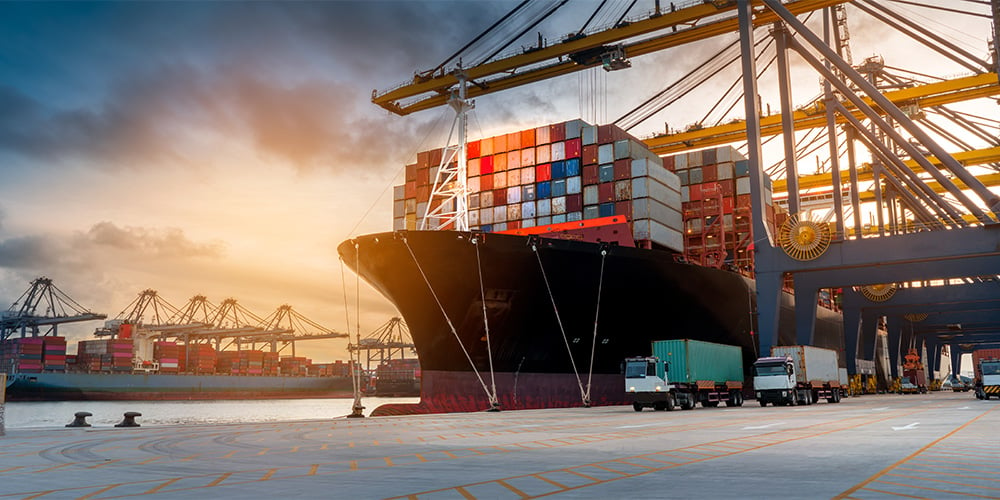Sign up for expert insights, industry trends, and key updates—delivered straight to you.

The recent 2025 tariff actions from the U.S. administration and elsewhere, both actual and projected, represent one of the largest import tax increases in modern history. The turn to tariffs as a standard policy is an unfamiliar situation after decades of emphasis on free trade and international supply chains.
How businesses can respond
The new environment imposes pressures on many businesses. Companies poised to respond to tariffs are recommended to concentrate efforts on a number of critical factors including:
- Re-examination of supply chains and alternate goods-and-materials sourcing;
- Reappraisal and strategic revamp of global tax strategies;
- Recalibrating pricing and customer strategy approaches; and,
- Finding opportunities in mergers, acquisitions and strategic partnerships.
The U.S. has already implemented broad, across-the-board tariffs on its largest trading partners, China, Canada and Mexico, and signalled they will continue to expand the U.S. tariff regime, including the European Union and potentially the UK.
Next steps for businesses
The new tariff landscape affects nearly every aspect of business operations. Given the uncertainty around their implementation, companies should consider revising contracts to adjust pricing structures automatically based on various tariff scenarios.
To successfully navigate these changes, businesses should adopt a holistic approach—combining supply chain agility, strategic tax planning, and robust compliance monitoring. The strategic, financial, and operational challenges ahead require a cross-functional response.
By staying informed and proactively implementing the measures outlined above, businesses can mitigate risk and even uncover opportunities amid uncertainty. Each step—from adjusting pricing to restructuring supply chains—should be carefully planned and executed with both financial performance and stakeholder expectations in mind.
Impact on Northern Irish businesses
Northern Ireland holds a unique position post-Brexit as it remains part of the UK while following EU rules for goods. These post-Brexit trading arrangements offer dual benefits for Northern Irish businesses that trade in goods, providing continued access to both the EU market and the UK, as well as the UK’s trade relationships with other countries.
The full impact of the expansion of the US tariff regime on Northern Irish businesses will become clearer once further details are available.
For further insights on the U.S. tariff landscape and how businesses can prepare, read A new tariff paradigm: How businesses can respond.
If you’d like to discuss how these developments may impact your business, please reach out to Janette Maxwell or Aidan Lyons.






